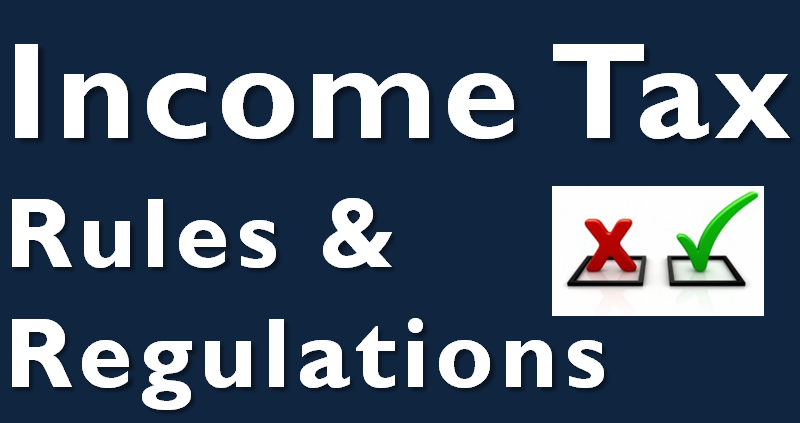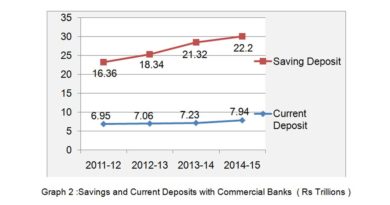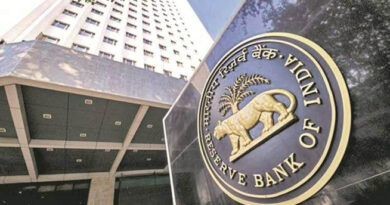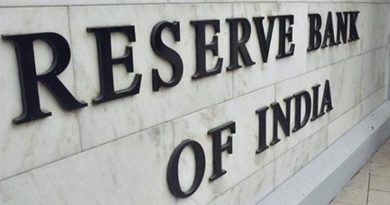A few income tax rules every employer should know (With special reference to Public Sector Banks)
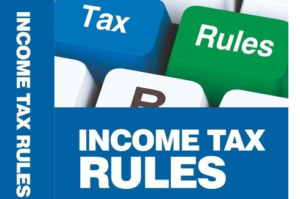 Public sector Banks and other public sector undertakings have been providing perks and allowances to their employees, besides salary. It is observed that most perks and allowances are designed in such a way that income tax incidence should be minimum on the employees.
Public sector Banks and other public sector undertakings have been providing perks and allowances to their employees, besides salary. It is observed that most perks and allowances are designed in such a way that income tax incidence should be minimum on the employees.
Still, there are a few more avenues, where modification can be done or new allowances can be introduced, which will not only add to the employee delight, but also will be tax friendly for them. Employers can offset their loss on account of such employee benefit by reducing other benefits / increments which are fully taxable (of course on mutual consent of employer and employee union).
There can be hundreds of allowances and perquisites which are tax exempted. Here, we have taken only those, which are mostly unutilized by employers, especially by public sector banks. Following are such tax exempted allowances and perks as are almost neglected by employers and employees both.
- Children Education Allowance: It is exempted upto Rs 100 per month per child for maximum two children.
- Allowance to meet hostel expenditure of child: It is exempted upto Rs 300 per month per child for maximum two children.
- Transport allowance to employee to meet expenditure for the purpose of commuting between place of residence and place of duty: Most employers are already reimbursing petrol expenses incurred by employees on their own car, major part of which is taxable. Employers can consider extending separate transport allowance to meet expenditure for the purpose of commuting between place of residence and place of duty. It is exempted upto Rs 1600 per month. For handicapped employees, it is exempted upto Rs 3200 per month. This allowance can be given in addition to or by curtailing existing scheme of reimbursement of petrol expenses to employees.
- Hotel or guest house accommodation: Hotel or guest house accommodation for 15 days (in aggregate in a financial year) can be provided immediately after transfer of the employee at the new location. It will be taxable only if exceeds 15 days.
- Two houses at the time of transfer: If an employee who has been availing himself of residential accommodation facility from employer, is transferred and housing facility is provided to him at the new location also for upto 90 days without making him to vacate house given at previous location, only one of the houses will be taxable for upto 90 days. If the double house facility is extended beyond 90 days, both the houses will be taxable. Hence, employers can extend the facility upto 90 days, especially for senior executives.
- Hospital/clinic/dispensary maintained by employer: Medical facility provided by employer in a hospital/clinic/dispensary maintained by employer is exempted from income tax for employees.
- Hospital/clinic/dispensary maintained by Government / local authority or in a hospital approved by Government: Medical facility availed in a hospital/clinic/dispensary maintained by Government / local authority or in a hospital approved by Government for its employees is exempted from income tax for employees.
- Group medical insurance: Group medical insurance obtained by employer for its employees or reimbursement of medical insurance premium is exempted from income tax to employees.
- Fixed medical allowance: Fixed medical allowance is fully taxable. Hence, employers should insist on medical reimbursement instead of fixed medical allowance. General medical reimbursement is exempted upto a limit of Rs 15000 per annum. Other exempted medical categories have already been discussed at above point Nos. 6, 7 and 8.
- Life Insurance Premia of the employees: Amount paid by the employer to effect an assurance on the life of the employee is generally taxable in the hands of the employees. However, insurance premium paid by employers under certain schemes such as, Group Insurance scheme, Employees’ State Insurance Schemes etc is not taxable in the hands of the employee, as employee has merely an expectancy of benefit in such schemes and no sure shot benefit.
- Tea, coffee etc.: Tea, coffee or non alcoholic beverages and snacks in working hours are tax-free perquisites. Employers can extend this benefit which will keep the vigour of the employees in tact resulting in increased efficiency.
- Meals facility: Meals (lunch and / dinner) in office hours is not taxable if cost to the employer is upto Rs 50 per meal. Taking advantage of this clause, employers can extend the benefit by upto Rs 2500 per month (considering 25 days in a month).
- Reimbursement of telephone/mobile expenses: It is not chargeable to tax. Most employers are already providing this facility to their employees. However, in wake of this rule (of tax exemption) and need of increased expenses under this head by the employees, reimbursement ceilings can be increased.
- Leave Travel concession (LTC): It is not taxable in the hands of the employees, if certain conditions are satisfied. However, encashment of the same is fully taxable. Hence, encashment may be discouraged and actual availment of LTC may be encouraged.
- Leave travel concession by family: Leave travel concession availed by family members is taxable, if family has traveled separately without the employee who is not on leave. As such, employers should consider withdrawing the facility of Leave travel concession facility by employee and his / her family separately.
- Employer’s contribution to a recognized provident fund: It is exempted upto 12 percent of salary. Upto assessment year 1997-98, it was exempted upto 10%. Most employers are still contributing only 10%. They can increase it to 12% without inflicting any extra tax burden on employees.
- Retirement planning: Incidence of tax on gratuity, commuted pension, leave encasement etc is lower, if one is retired in the beginning of the financial year, it can be mutually agreed between employer and employee to retire the employee in the month of April / May.
- Daily / halting / out of pocket allowance: When employee submits his travelling expenses bill, some of the employers compel him to declare that “all the expenses have actually incurred by me except Daily / halting / out of pocket allowance.” This declaration makes such allowance taxable; however, employee might have spent the full amount, in which case it was not taxable actually.
- Staff personal loan: Most employers (especially in banking sector) extend this facility to their employees. Maximum part of this loan should be given in form of demand loan at simple interest for a long period, say 15-25 years. If actual interest rate charged is parallel to market rate, there will be no perquisite in the eyes of the tax authorities. But effective interest rate will be too less than actual interest rate being charged. For example, if a demand loan is extended at a simple interest rate of 10% per annum for 25 years, effective interest rate (if rate had been compounding) will be approximately 4.75%. In other words, EMI for such a loan will be approximately Rs 571 only (assuming 175 months for repayment of principal and 125 months for repayment of interest), as against Rs 909, if it would have been given on compounded basis.
- Commutation of pension: As uncommitted pension is fully taxable as salary, employers can encourage employees to get a part of their pension commuted, as commuted pension is tax exempted to the extent of one third (half in some cases) of total pension.
Conclusion: Adopting above points will not cost employers adversely, as they can offset loss by curtailing other taxable benefits. In other words, above benefits can be extended to the employees within the same CTC (Cost to company), just by realigning the components of CTC. However, even if these benefits are released without any cut on other benefits, it will not cost the employer much; rather, employers will still be beneficiary, as they will gain employee satisfaction and loyalty, which is the heart and soul for growth of any institution. This article has been written keeping in view income tax rules applicable for assessment year 2017-18.
Disclaimer: Though due diligence has been done to write this article correctly, it is necessary for the employers to refer to the Income Tax Act thoroughly before taking any decision on the basis of it.
-Sanjay Gupta, Chief Manager (Research),
State Bank Academy, “Gurukul”, Gurugram

